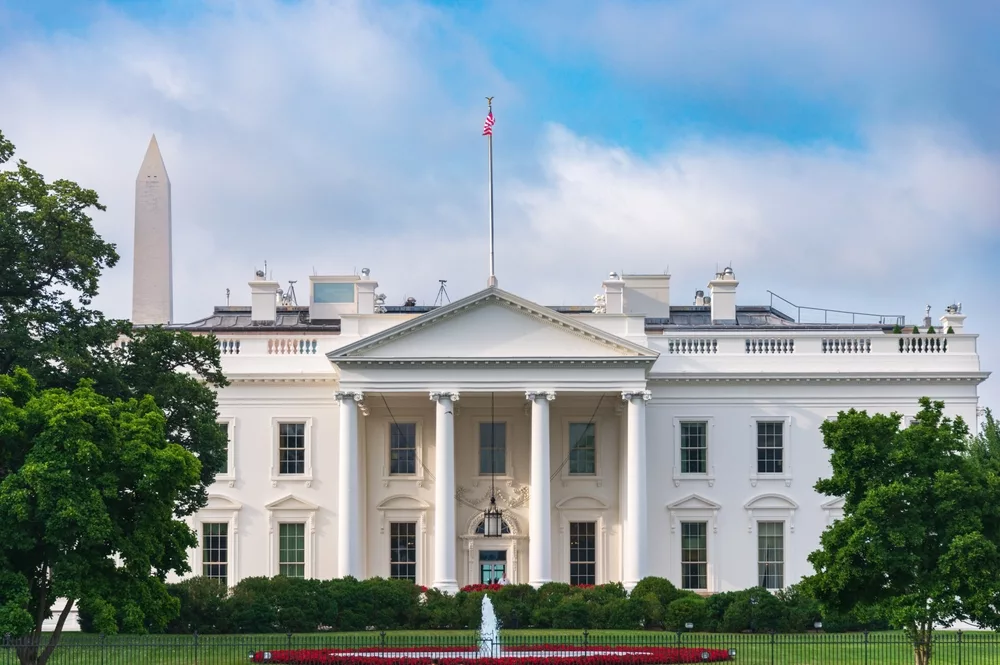
Summary
- Input by Denmark into the EP’s role in crypto policy over the past five years has been limited, but Danish influence in other EU institutions is more considerable.
- Estonia’s most prominent politician in the digital space is former prime minister, Andrus Ansip, who was involved in the Digital Markets Act.
- Finland, with just 15 MEPs, is notably active in the crypto space. Its politicians have been involved with AML regulation, MiCA, and cybersecurity.
Denmark opts for limited crypto role
Denmark will have 15 MEPs following June’s European elections and its party distribution is expected to remain similar to its pre-election form, suggesting no major changes in terms of attitudes towards crypto. Three Danish MEPs currently sit on the Economic and Monetary Affairs (ECON) committee, though only one, Kira Marie Peter-Hansen (Greens/EFA), is a full member. The other two Niels Fuglsang (S&D) and Eric Poulsen (Renew) act as substitutes. As such, direct Danish input into the EP’s role in crypto policy over the past five years has been limited.
Denmark’s influence in crypto is perhaps more visible in the European Commission than the EP. Margrethe Vestager is the Commission’s executive vice-president, and responsible for A Europe Fit for the Digital Age. Her portfolio covers a range of policy issues critical to digital assets, including European digital identity, European data strategy and AI. Moreover, current Danish Prime Minister Mette Frederiksen is being touted as a potential future Socialist candidate for President of the European Council.
In terms of the polls, a February 2024 poll put the S&D-affiliated Social Democrats in first position with 22%, followed by the liberal alliance with 15% (currently unaffiliated but likely to join Renew if elected), and the Socialist People’s Party (Green/EFA-affiliated) with 14%. Were these results to materialize, the S&D delegation might increase by one MEP but broadly speaking, the distribution would remain similar to the current make-up.
Estonia takes an active interest in crypto
The current batch of Estonian MEPs are spread throughout the political spectrum. Perhaps the most prominent is liberal Andrus Ansip, a former prime minister (2005-2014) and vice-president of the European Commission (2014-2019).
During his time at the Commission, Ansip was commissioner for the Digital Single Market and he has remained active in the single market field in his capacity as vice-chair of the EP’s internal market and consumer protection (IMCO) committee. Notably, he was his group’s lead (shadow rapporteur) on an EP report into artificial intelligence in the digital age (the precursor to the EU’s recently adopted Artificial Intelligence Act) as well as the seminal Digital Markets Act.
In terms of the most recent polls, it seems that the EPP-affiliated Isamaa (Pro Patria) party is performing strongly, increasing from approximately 10% of the voting intention six months ago to approximately 26% by the end of January. The Renew, ID and S&D affiliated parties make up the remaining challengers with between 13%-17% respectively. Were these results to materialize in June’s elections, the EPP would likely gain an additional seat (up from one to two).
Finland has a small team but a big presence in crypto
Finland, like Denmark, will elect 15 MEPs in June, likely distributed, as now, throughout the political spectrum, albeit with a tilt towards center-left parties.
Finland punches above its weight in terms of crypto and digital assets policy, with three MEPs sitting on ECON. Eero Heinäluoma (S&D), who is standing for reelection, was notably the ECON co-rapporteur on the recently concluded AML Regulation as well as being his group’s shadow on the MiCA Regulation.
Veteran EPP member Sirpa Pietikäinen has represented Finland since its accession in 2004, being an active ECON member over the years. She has played a leading role in developing the EP’s position in the field of sustainable finance, principally as co-rapporteur during the most recent term on a regulation to establish a framework to facilitate sustainable investment.
The ECON trio is completed by Green MEP Ville Niinistro who, alongside a focus on green issues, has also been his group’s shadow on the EU regulation on cybersecurity.
The polls in Finland currently have the EPP-affiliated national coalition (Kokoomus) and the S&D-affiliated SPD at 22% and 21% respectively. The ECR-affiliated True Finns currently poll third with approximately 18%. The Greens/EFA and Renew parties look likely to slip from their current three seats each, while the S&D and ECR could each pick up an additional seat if things stay the same.

























